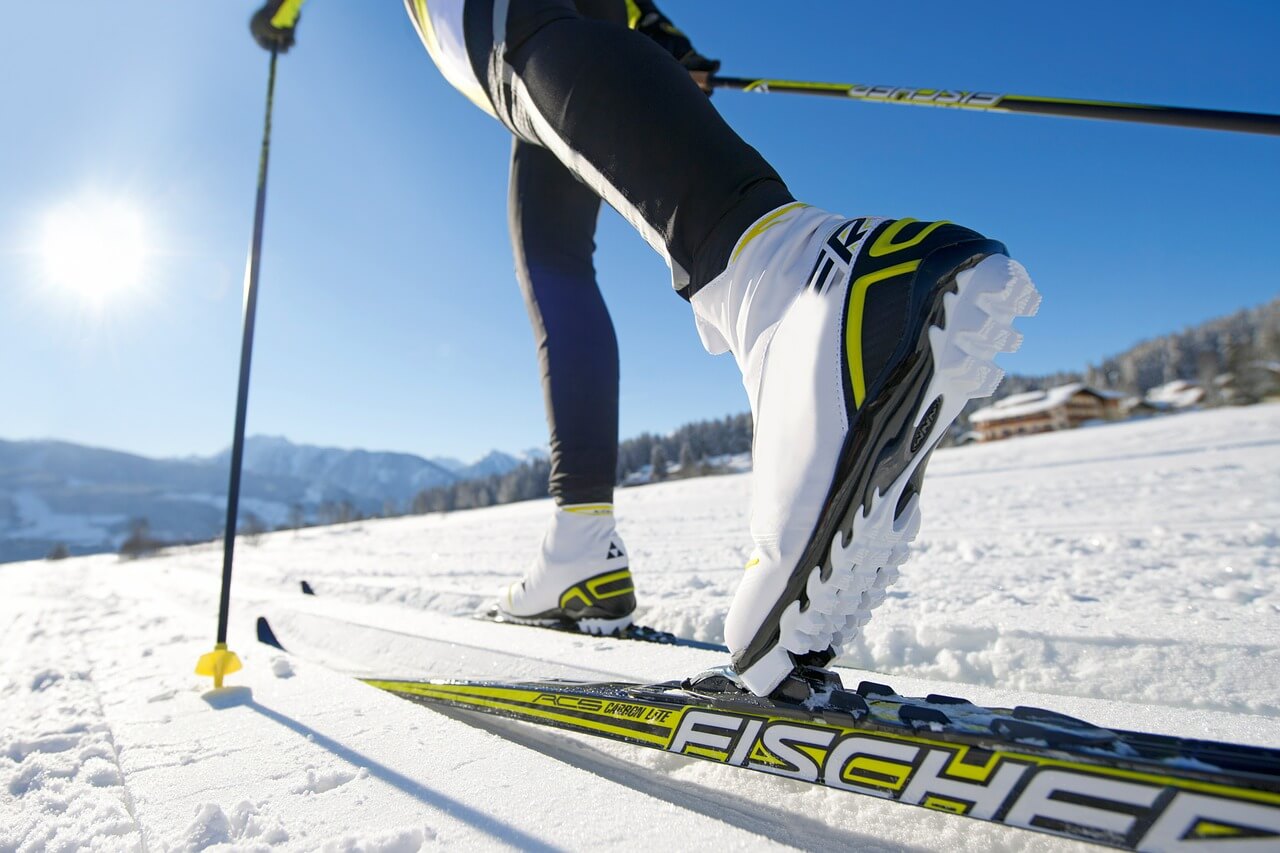Colorado Supreme Court Reviews Ski Safety Act in Wrongful Death Case

The Colorado Supreme Court recently heard a wrongful death case that could change the bedrock of a current state law that protects ski areas from liability in the case of injuries and deaths that occur on the slopes.
During the oral arguments, the justices grilled the lawyers involved as they weighed an important question: are avalanches an inherent ski risk, or are resorts legally liable for injuries caused by snow sliding within the resort’s boundaries?
The answer, according to those in court, depends on how you interpret the hazards included in the Colorado Ski Safety Act. The law doesn’t include avalanches by name, but it does list the conditions that can create them.
The case arguments, which involved the avalanche death of 28-year-old Christopher Norris at Winter Park, were held at East Park High School as a part of “Courts in the Community.” The program aims to give high school students a better understanding of the legal proceedings in the state by allowing them to hear and observe real cases.
The Ski Safety Act
Colorado’s Ski Safety Act was enacted in 1979 and amended in 1990 and 2004. The laws were created to shield ski areas in the state from excessive lawsuits so they could operate without heavy liability insurance costs.
The acts include changing weather, nine snow condition types, variations in terrain, and more than two dozen other risks that are considered inherent dangers of skiing. A person who is injured under those listed risks isn’t able to sue the ski resort.
The attorney for the wrong death plaintiff, Norris’ widow Salyndra Fleury, argued that Winter Park is liable for Norris’ death because avalanches are not specifically listed in the act.
Norris died in January of 2012 during a small slide in a steep tree area off of an expert run. The wrongful death claim argues that Winter Park should have closed that area that day because of a high avalanche danger.
The lawsuit is seeking damages of more than $250,000, which is the cap set by the Ski Safety Act.
The attorney for Intrawest, Winter Park’s operator, is arguing that even if the list is taken as complete and as-is, it includes changing weather, changing snow conditions and differing terrain, all three of which are elements that can trigger avalanches.
According to the defendant’s attorney, it’s impossible to ensure that avalanches won’t occur, but the snow slides are rare in ski areas, with just three skiers dying from such an occurrence in the state during the past 30 years.
Have you lost a loved one because of the negligence of someone else and need legal help? Contact Zaner Harden Law for a consultation today by calling 303-563-5354. Learn more at: www.zanerhardenlaw.com.
Contact our Denver Ski Accident Law Firm Today For Help
For more information please contact Zaner Harden Personal Injury Lawyers to schedule a free initial consultation with a Denver ski accident lawyer.
Zaner Harden Personal Injury Lawyers
1610 Wynkoop Street, Suite 120. Denver, CO 80202
(720) 613 9706

